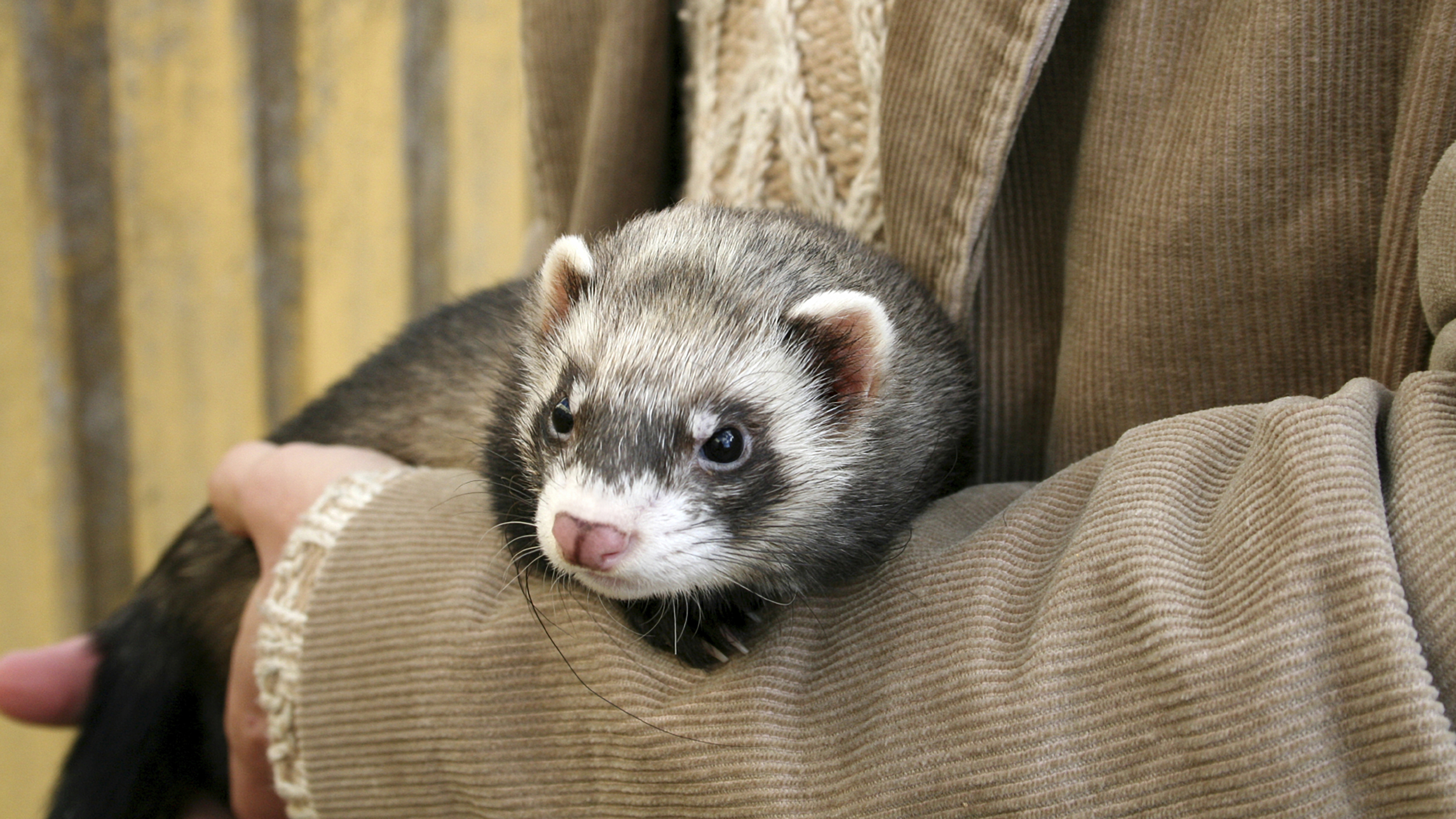
Cryptosporidia And Your Ferret
Cryptosporidia are a type of protozoa – a microscopic, single-celled parasite – which live in the intestines and can cause profuse, watery diarrhoea.
Most ferrets that have cryptosporidium have no signs; in fact, it is thought that half of ferrets may carry some cryptosporidium. Young kits, however, or ferrets with poor immune systems, may develop visible disease if they become infected.
More about cryptosporidia and your ferret
Your ferret can catch cryptosporidium from several sources:
- Infected mother ferrets can transmit cryptosporidium to their offspring.
- From eating uncooked meat of infected animals
- From drinking contaminated water.
- From other infected ferrets directly.
- From contaminated environments, as the infectious material in the faeces can live in the environment for long periods.
You can’t stop your ferret being exposed to cryptosporidium, but there are some top tips to reduce the risk of cryptosporidium:
- Keep your ferret's environment clean and routinely disinfected.
- Keep your ferret away from areas that might be contaminated by faeces from other infected animals.
- Avoid feeding uncooked meat, especially offal.
- Monitor, if you see your ferret has diarrhoea, get them in to see a vet. There are many things that can cause diarrhoea, and getting to the root of the problem will help you get the right treatment fast.
If you think your ferret might have a cryptosporidium infection, the best thing to do is to go to your vet. They can do a full physical examination, and check your ferret over from nose to tail, especially as diarrhoea can have many causes!
To diagnose cryptosporidium your vet may recommend faecal tests. These will look for the cryptosporidium themselves, which are invisible to the human eye, and require a special test to see under the microscope. These tests are often part of finding out why a ferret has diarrhoea, and may also look for common bacteria and other parasites too.
If your ferret does have cryptosporidium, your vet will create a management plan to support your ferret’s recovery. Most healthy animals can overcome a cryptosporidium infection in several weeks, but in ferrets with a poor immune system this could take several months.
Request an appointmentFerret Advice
Read more of our expert ferret advice to keep your ferret happy and healthy.
